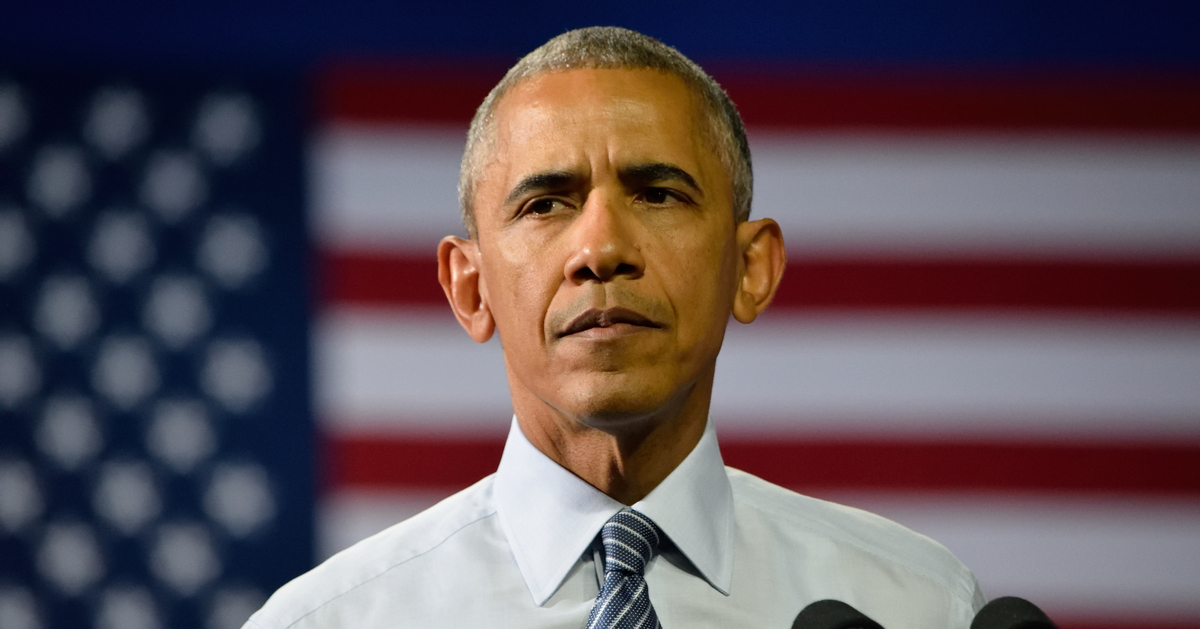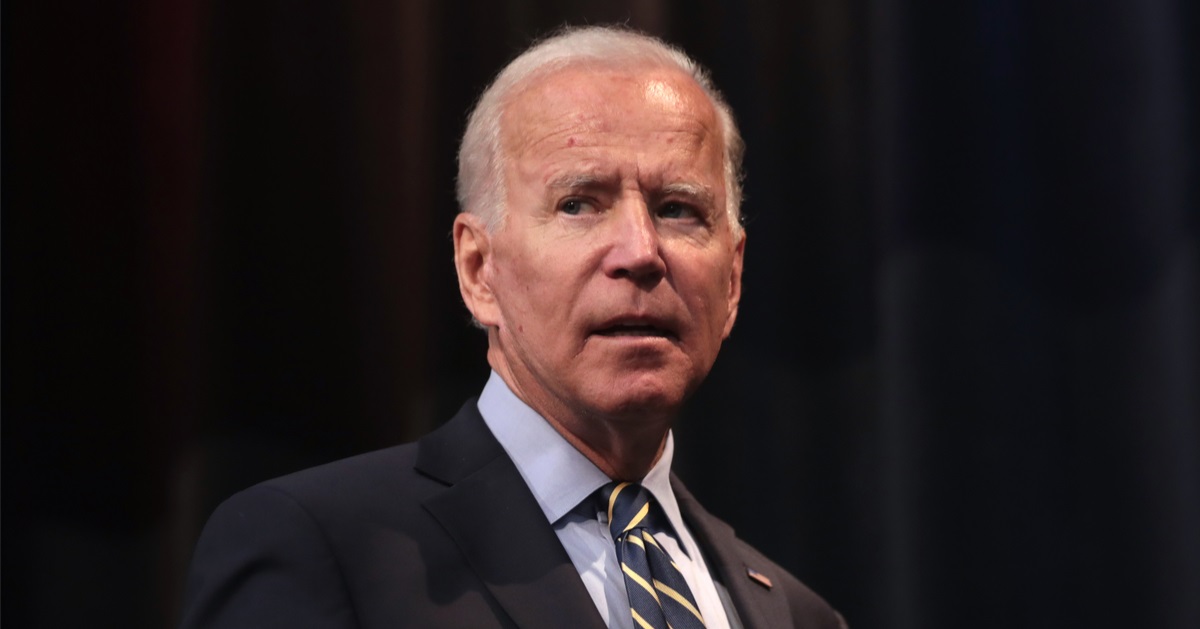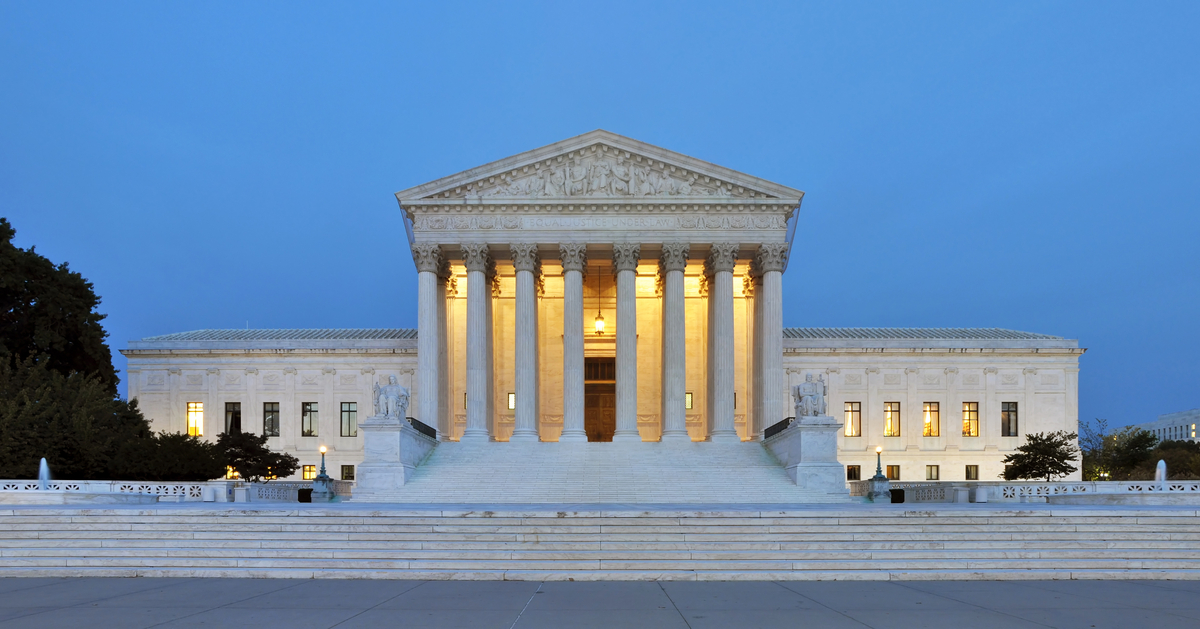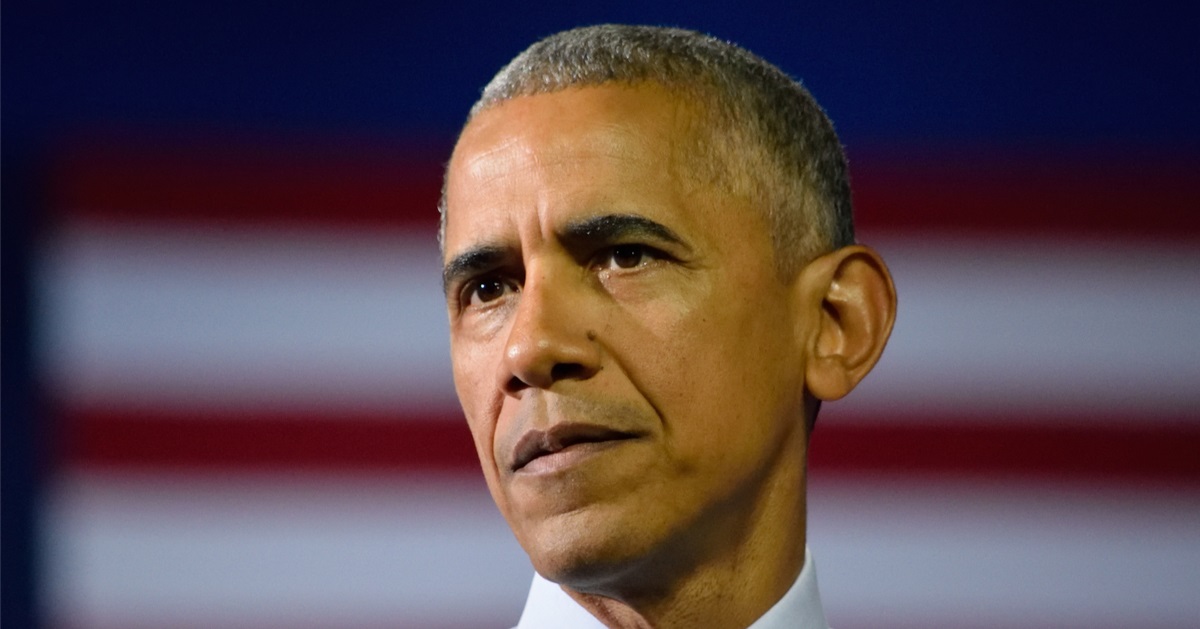Supreme Court approves boundaries of South Carolina congressional district
In 2023, a three-judge panel of the Federal District Court in Columbia, South Carolina unanimously ruled that the state's First Congressional District had been illegally drawn.
However, Republicans had reason to celebrate this week when the Supreme Court overturned that decision.
Critics alleged that district lines were drawn a racially discriminatory manner
According to The New York Times, the six to three ruling came on Thursday and it ordered that the case be returned to the lower court.
Authored by Justice Samuel A. Alito Jr., the majority opinion was also signed by Chief Justice John Roberts along with Justices Clarence Thomas, Brett Kavanaugh, Amy Coney Barrett, and Neil Gorsuch.
The Times noted that Thursday's decision was condemned by critics, who argued that it enabled a racially discriminatory approach to redistricting.
Among them was University of California, Los Angeles law professor Richard L. Hasen, who singled out Justice Alito for condemnation.
Alito presumed "that the legislature acted in good faith"
"Justice Alito for a court majority has once again come up with a legal framework that makes it easier for Republican states to engage in redistricting to help white Republicans maximize their political power," the Times quoted Hasen as saying.
Breaking News: The U.S. Supreme Court paved the way for South Carolina to keep using a congressional map that a lower court said excluded thousands of Black voters. https://t.co/kNK6aUnTN0
— The New York Times (@nytimes) May 23, 2024
However, Alito rejected that position in his opinion, writing, "We start with a presumption that the legislature acted in good faith."
"When a federal court finds that race drove a legislature's districting decisions, it is declaring that the legislature engaged in 'offensive and demeaning' conduct that 'bears an uncomfortable resemblance to political apartheid,'" he argued, citing an earlier ruling.
Thomas: "Drawing political districts is a task for politicians, not federal judges"
The associate justice went on to insist that justices "should not be quick to hurl such accusations at the political branches."
He further stressed that "[w]ithout an alternative map, it is difficult for plaintiffs to defeat our starting presumption that the legislature acted in good faith."
Meanwhile, Thomas maintained in a concurring opinion that "[t]he court has no power to decide these types of claims."
"Drawing political districts is a task for politicians, not federal judges. There are no judicially manageable standards for resolving claims about districting, and, regardless, the Constitution commits those issues exclusively to the political branches," he added.






